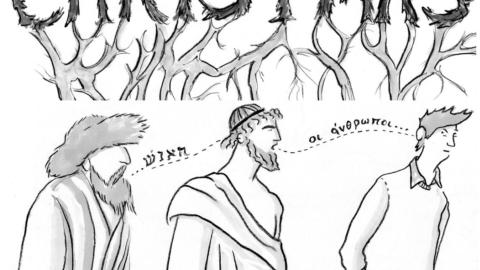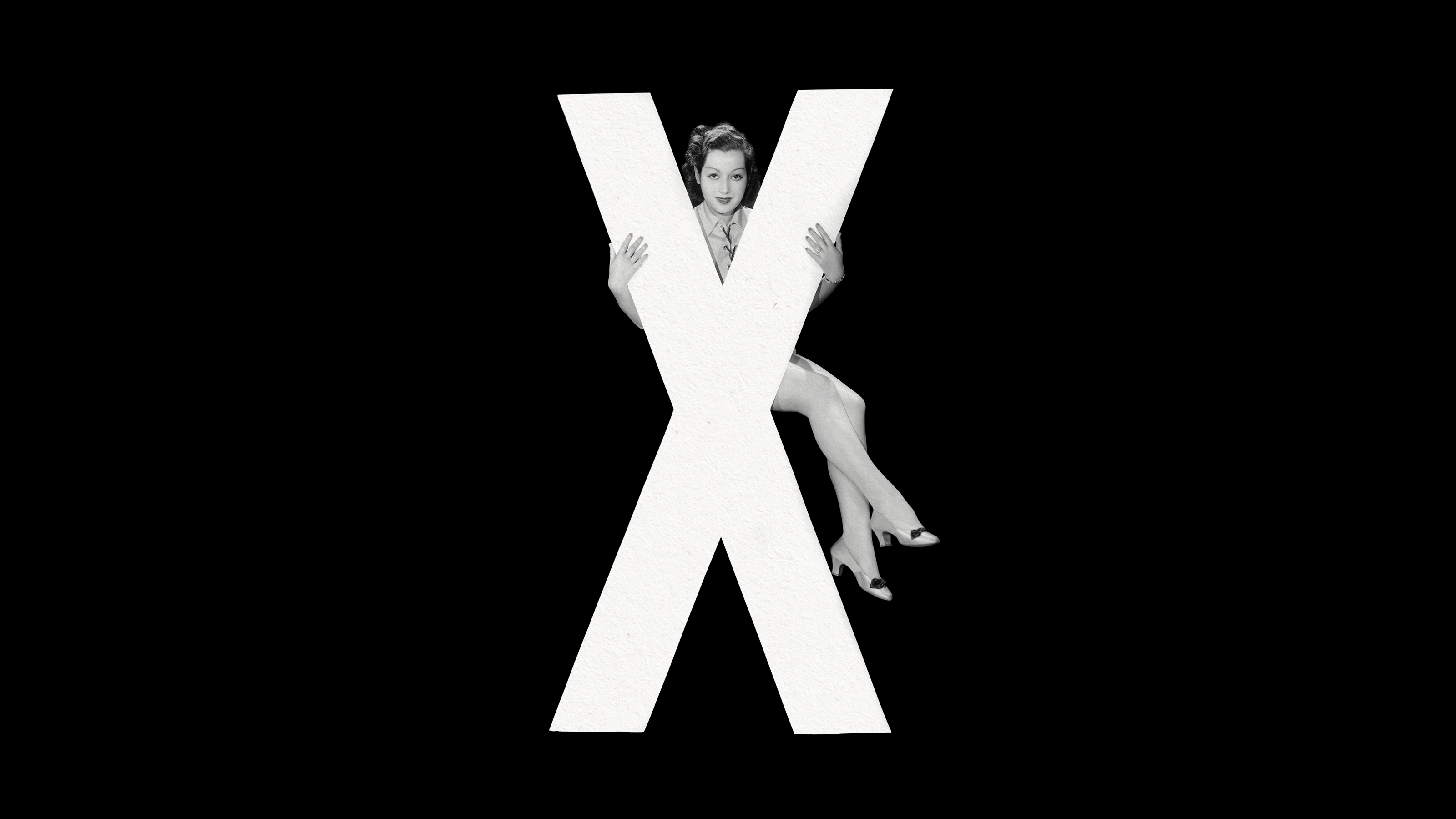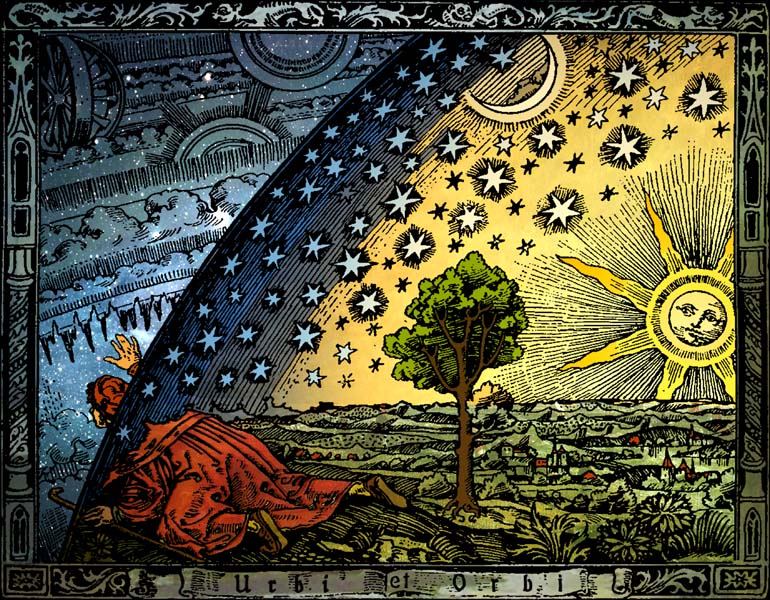The Meaning of Christmas Literally… Involves Two Kinds of Liberation

1. The roots of the word “Christmas” rub two kinds of liberation (of, and from, the masses) with some shortening:
2. “Christ” was born of many translations— via Hebrew, Aramaic, Greek, Latin, (mashiah, mĕšīḥā, khristos, Christus).
3. “Mashiah” means the anointed, a shortening of the “Lord’s anointed” — refers to rubbing oil on someone’s forehead to signify divine office.
4. The mashiah was the promised “liberator or savior of a captive people,” who would resurrect “the nation of Israel” by liberating it from Roman rule (an entirely earthly goal).
5. That liberator aspect explains Jesus’s crucifixion — Roman’s exclusively crucified agitators against their rule.
6. The idea that Jesus was crucified with thieves rests on a lax translation of “lestes” = Greek for “bandits” = catchall term for robbers and anti-Roman rebels.
7. “Messiah” entered English in the Geneva Bible (1560); its translators wanted a Hebrew sounding back-translation of Christus (Latin) for Khristos (Greek for rubbed, anointed).
8. The tail end of Christmas shortens the Christian sense of “mass,” from Latin “missa” = dismissal, release. Eucharist (thanksgiving) services end in “Ite, missa est,” meaning “Go, (the prayer) has been sent,” marking the liberation of the masses from the mass.
9. However you interpret, or translate, this: Wishing You Happy Holidays. Give thanks for whatever happiness your liberties enable.
PS—>
Happiness is confusing our smartest scientists (by mathematical mistranslation).
Happiness should be a verb (it takes skills).
New limits are needed for the logic of liberty to work.
—
Illustration by Julia Suits, The New Yorker cartoonist & author of The Extraordinary Catalog of Peculiar Inventions





